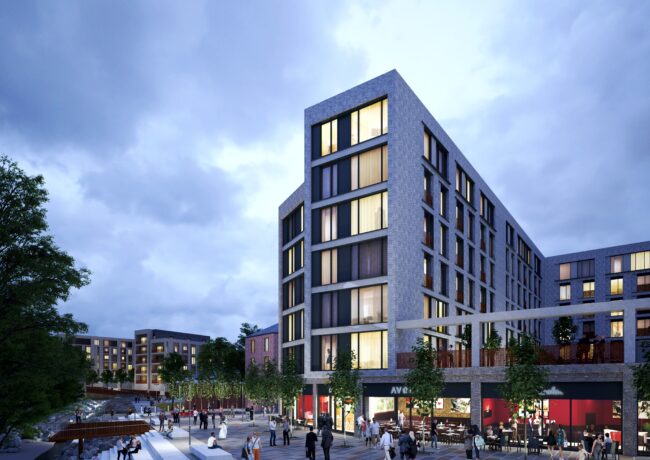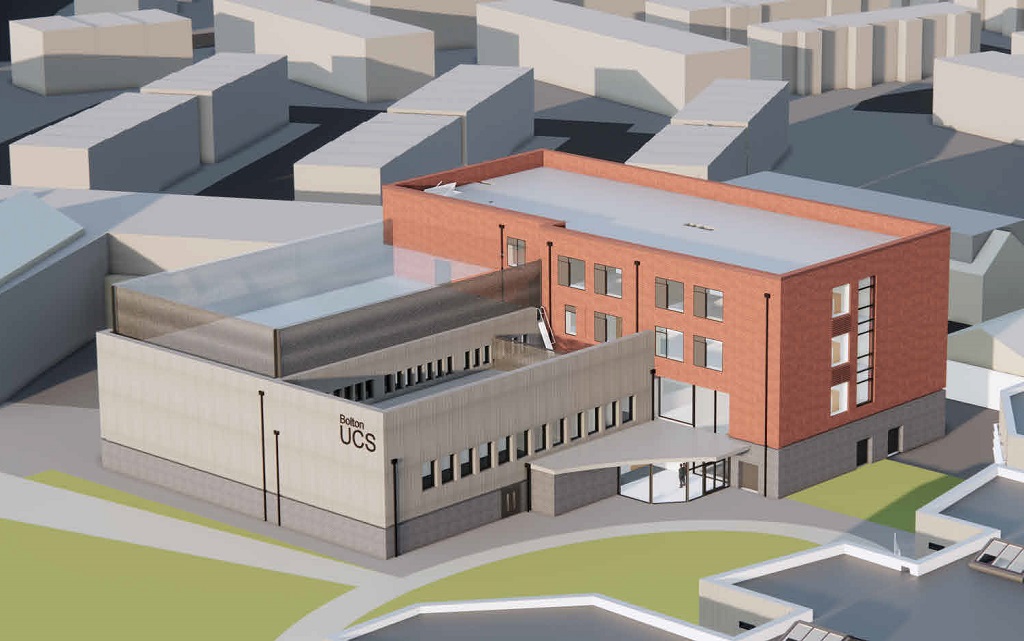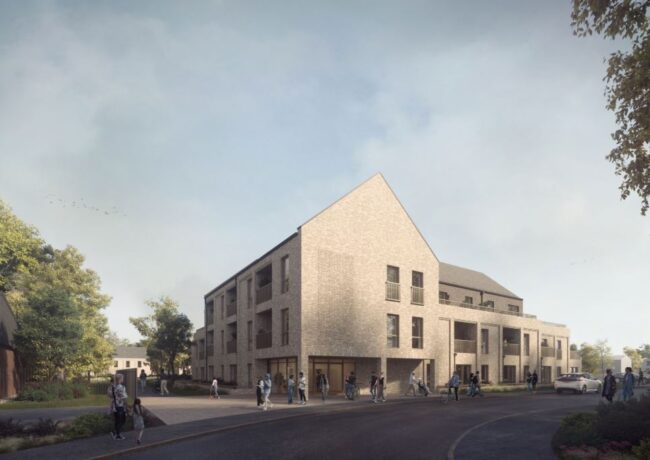Muse unveils £150m vision for Bolton’s Church Wharf
Working with the council and architect AEW, developer Muse has revealed its vision for the long-awaited Church Wharf site in Bolton, centred on building a new neighbourhood alongside the River Croal in the first project in the town’s wider £1bn masterplan.
The developer, which was chosen as Bolton Council’s partner for the site in March last year, is now set to launch on consultation on the proposals ahead of a public consultation later this month.
Currently at the pre-application stage, the plans feature a residential-led mixed use development including around 320 homes as well as the potential for a hotel, offices, and ground-floor retail and commercial space. There will be a mix of one, two, and three-bed flats along with duplexes and townhouses.
Nick Hague, project manager at Muse, said the site was currently “a fairly unloved part of Bolton and a forgotten part of the town centre”, with much of the seven-acre area lying derelict or used for surface car parking.
According to Hague, Muse and AEW’s vision for the site focusses on “creating a vibrant community and neighbourhood matching old with new,” with the use of traditional materials, typically brick, on the new-build elements along with re-using some existing structures where possible.
Shared road services are proposed throughout and while parking will be provided, largely within the podiums on which the potential apartment blocks will sit, there is an ambition to keep the area as car-free as possible.
Public realm is core to the proposals with a riverside terrace and park proposed around the existing United Utilities pumping station, while a fully-accessible corten-steel footbridge linking Bank Street with the site is also being put forward. The river park will feature steps down to the Croal, making the river an active part of the site.
Hague said this would maintain views of the St Peter’s Church and create a potential “Instagram moment” with an open frontage to the river and the potential to host art or a branded installation to create “a sense of place”.
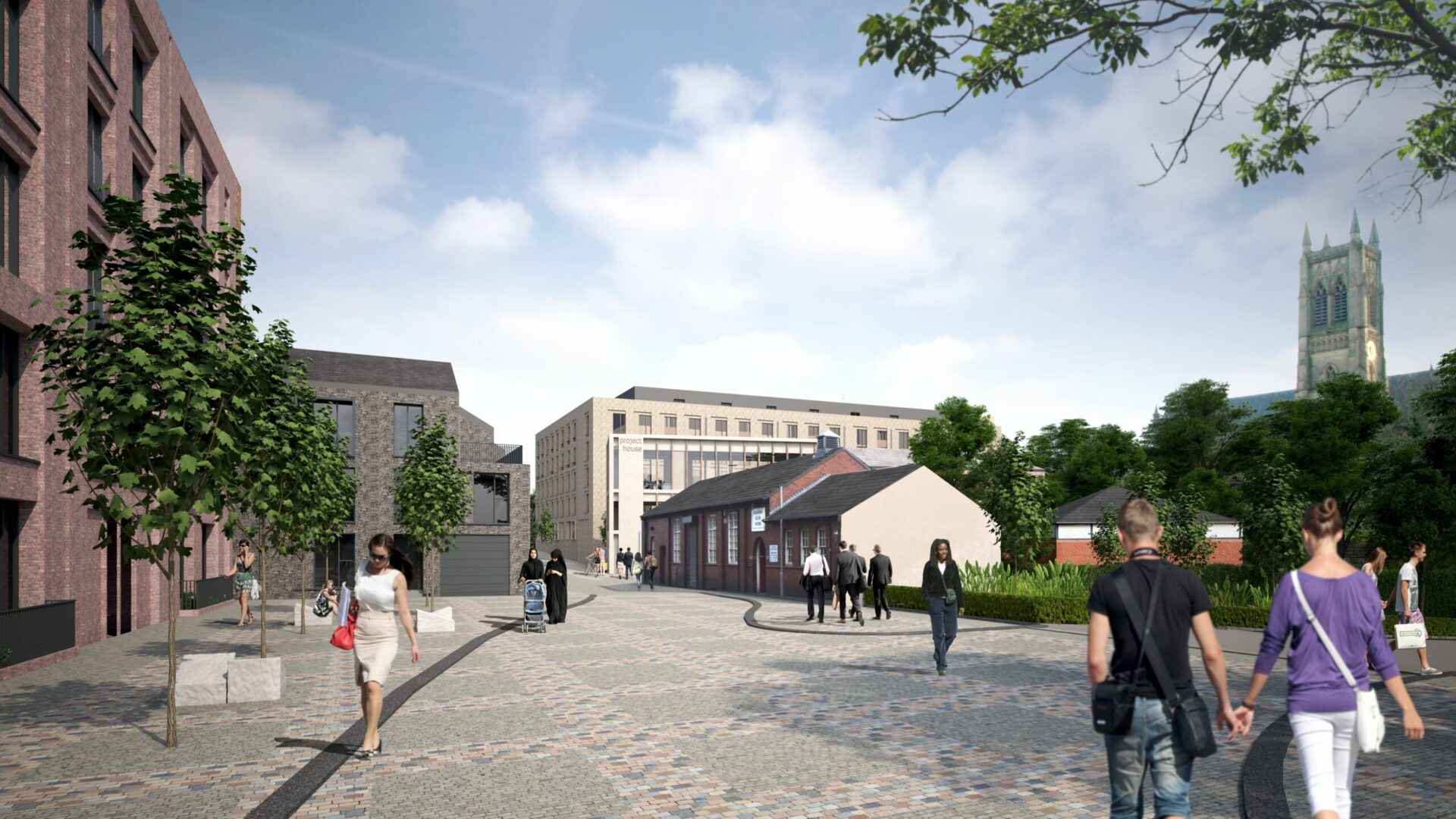
Some of the existing buildings will be re-used
The first building to be brought forward is an apartment block fronting Bank Street, currently home to a derelict row of shops and nightclubs.
Muse is remaining flexible on a number of the other blocks ahead of public consultation; one is proposed as a hotel and another as an office, although Hague said future phases would be “driven by the market”.
When initially setting out its plan for the site ahead of picking Muse as its development partner, the council had said there was potential for “an iconic tower” as part of Church Wharf. However, Muse’s proposals are more measured with the possible blocks extending to between six to eight storeys in height, which is not dominant given the change in level across the site.
Clearing the site will be the first stage of the development and this has been backed by Bolton Council, as part of a wider £100m investment in making a number of sites in the borough ready for investment.
The council’s director of place Gerry Brough said this was the key difference between Muse’s plans and the previous proposals for the site from Ask and Bluemantle, which stalled in 2010 during the economic downturn.
Brough said he expected there to be a wide range of demand for the apartments and homes proposed at the site.
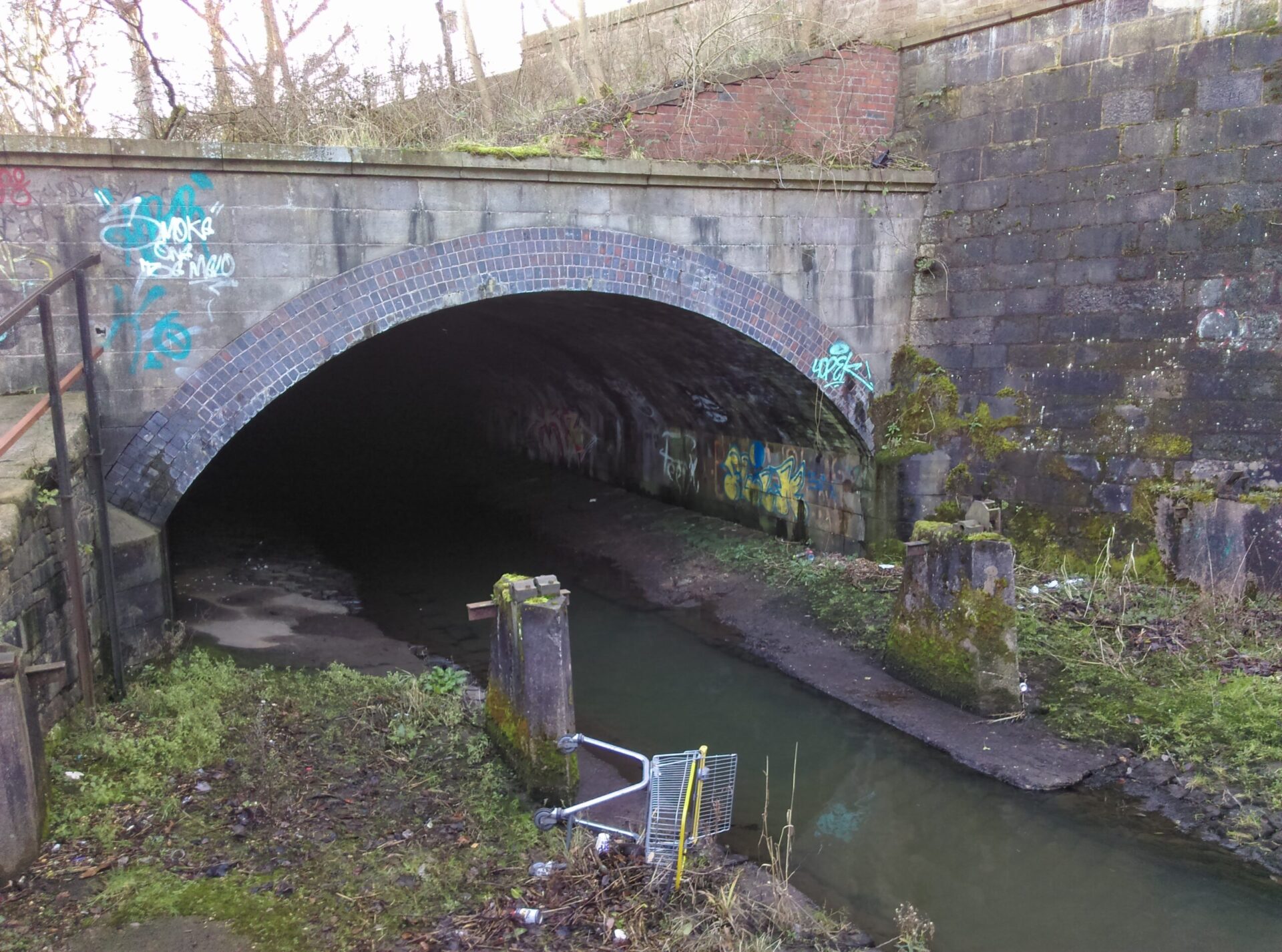
The River Croal runs through the largely under-used site
“There has been a clear desire from some older residents to move back into the town centre, and there will be interest from middle-aged professionals, as well as young people looking to get on the housing ladder for the first time – particularly those who can’t afford to rent or buy in central Manchester,” he said.
There is, however, no set amount for affordable housing, with the council not setting a minimum percentage, which Brough said was down to “the difficult brownfield nature of the site”.
The project’s timescale is not yet set in stone with Muse not committing to a start on site. Discussions over how to procure the construction contract are still ongoing although the infrastructure, remediation and enabling works packages are likely to be procured by the council.
The whole site has a construction value of around £150m and is likely to create around 130 jobs during the construction phase. The site clearance is expected to cost around £10m.
Carrying out these works across the site ahead of bringing forward Church Wharf on a phased basis makes the scheme more “investable and deliverable”, said David Burkinshaw of Muse Developments.
“The gamechanger is the council commitment to carry out that first phase of infrastructure, which makes the site ready for development”.
The developer is yet to start discussions with funders or lenders, however, with Burkinshaw adding it was “too early in the process”, with Muse instead looking to go to market with a scheme that has planning permission. He added there was “strong council support” for redeveloping the Church Wharf site.
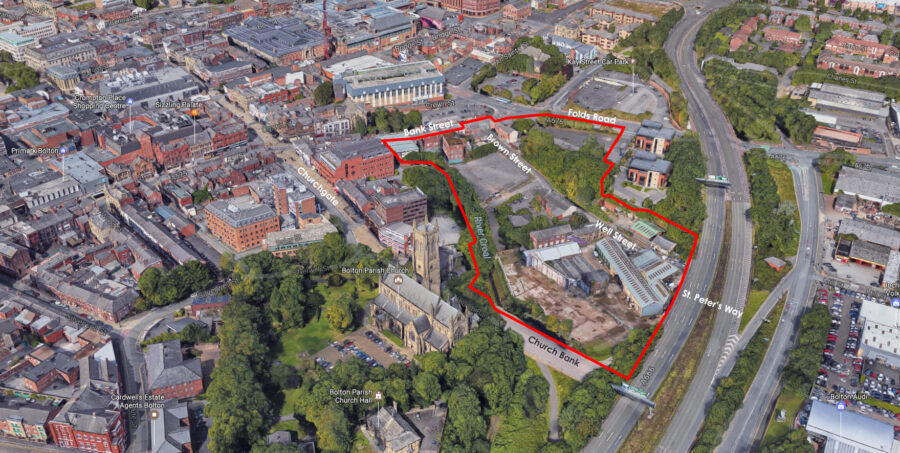
An outline of the site within Bolton’s town centre
Before any work begins, a public consultation will be held at the Crompton Place shopping centre on 25 and 26 January, where local residents will be invited to have their say on the plans. The event on 25 January will run between 12 and 6pm, while the event on Saturday 26 will run between 10am and 4pm.
A planning submission, taking in this feedback, is likely to follow in early spring, and a decision from Bolton Council expected in the summer.
The professional team on the project features landscape architect CW Studio; planning consultant DPP; quantity surveyor Abacus; WSP on highways; and Scott Hughes Design as civil and structural engineer.
The council approved a £1bn framework for the redevelopment of the town centre in September 2017, with outline number suggesting the masterplan, designed by BDP, will deliver up to 1,800 homes, 7,400 new jobs and generate economic activity worth an additional £412m.
In August last year, a consortium involving Chinese heavyweight Beijing Construction & Engineering Group International agreed terms in principle with the council to provide £250m funding for the replacement of the Crompton Place Shopping Centre with a new retail and leisure development. The 280,000 sq ft shopping centre on Victoria Square was acquired by the council in June the same year for £14.8m from the Santander Pension Fund.
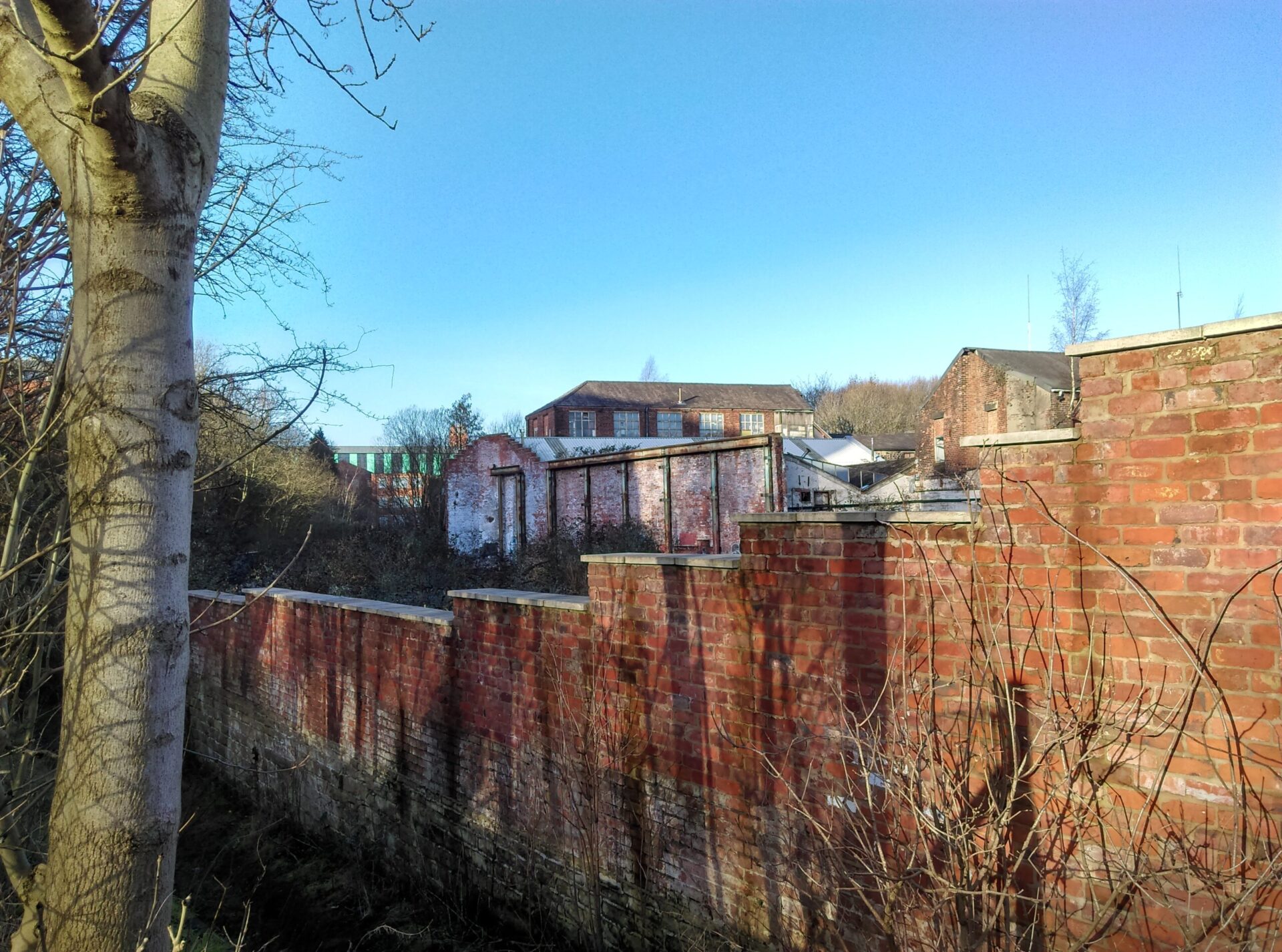
Some existing buildings and materials will be re-used


